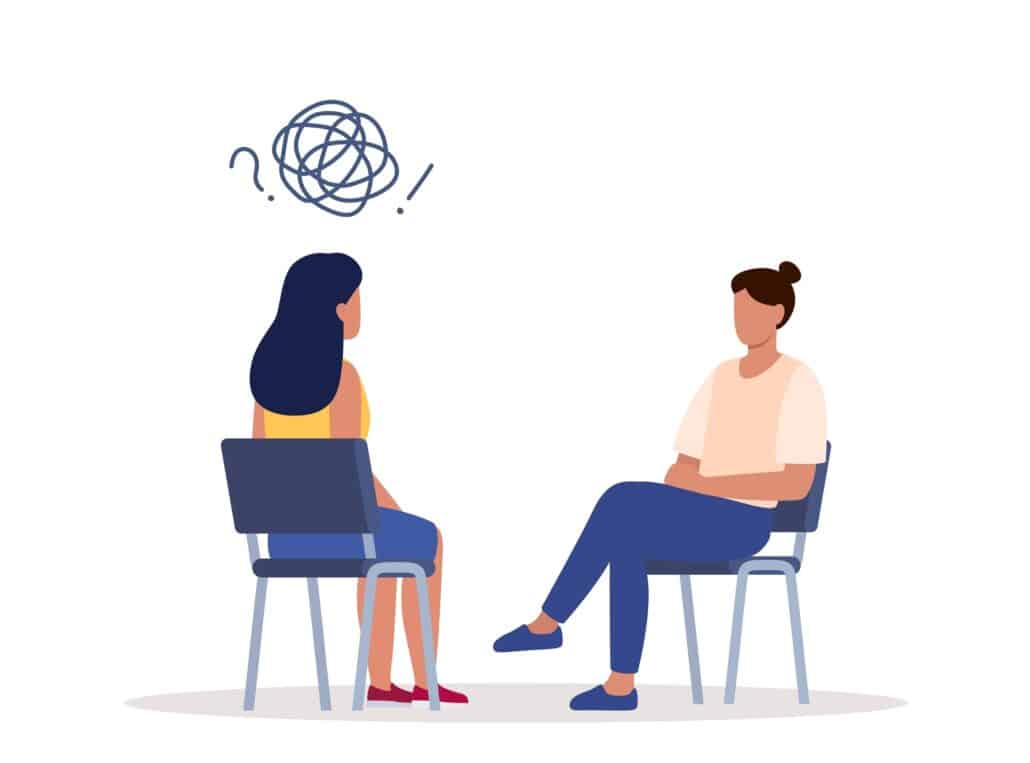Eating Disorders Explained: Causes and Treatment
Eating disorders are serious, life-threatening conditions that affect individuals physically, emotionally, and psychologically. An essential first step in breaking the stigma surrounding these conditions is understanding the causes of eating disorders. With the right treatment and early intervention, recovery is possible. If you or someone you know is struggling with an eating disorder, seeking help from a professional recovery center is a vital step toward healing and restoring a healthy relationship with food and body image.
Causes of Eating Disorders
Eating disorders are complex conditions with multiple contributing factors. Some of the most common causes include:
- Psychological Factors
Psychological factors such as low self-esteem, perfectionism, and anxiety can contribute to the development of eating disorders. Individuals with a history of trauma, such as physical or emotional abuse, may also be more susceptible to developing an eating disorder as a way of coping with their feelings.
- Biological Factors
Research suggests that genetic factors and imbalances in brain chemicals (such as serotonin) may play a role in the development of eating disorders. Some individuals may be more genetically predisposed to developing an eating disorder, particularly if there is a family history of mental health issues.
- Sociocultural Factors
Societal pressures related to body image and weight can contribute to the development of eating disorders. In a society that often emphasizes thinness and beauty standards, individuals—especially young women—may feel pressured to conform to these ideals, which can lead to unhealthy behaviors around food and body image.
- Environmental Factors
Stressful life events, such as bullying, social isolation, or the loss of a loved one, can contribute to the development of eating disorders. A person may turn to food as a means of coping with these difficult emotions. Additionally, family dynamics and cultural attitudes toward food can also influence eating behaviors.
Treatment for Eating Disorders
Treatment for eating disorders is often multidisciplinary, involving a team of healthcare professionals, including:
- Psychotherapists: Specialized therapists use different types of therapy, such as Cognitive Behavioral Therapy (CBT), Dialectical Behavior Therapy (DBT), and Family-Based Therapy (FBT), to help individuals address the psychological and emotional factors that contribute to the disorder.
- Dietitians/Nutritionists: Registered dietitians help individuals restore healthy eating habits, understand proper nutrition, and rebuild a healthy relationship with food.
- Medical Professionals: Doctors monitor the physical health of individuals with eating disorders, addressing any medical complications and providing overall care to support recovery.
- Support Groups: Support groups, either in-person or online, provide a community of individuals who share similar struggles and experiences, offering valuable emotional support and motivation.
Remember, eating disorders don’t define who you are, and support is available to help you navigate the journey toward recovery.



